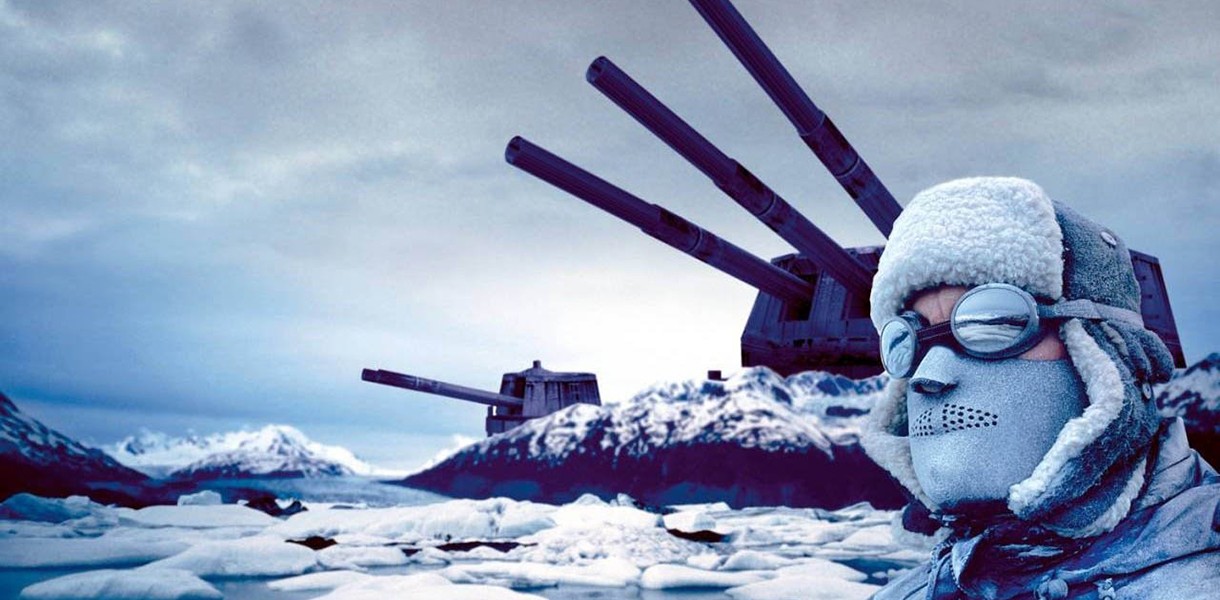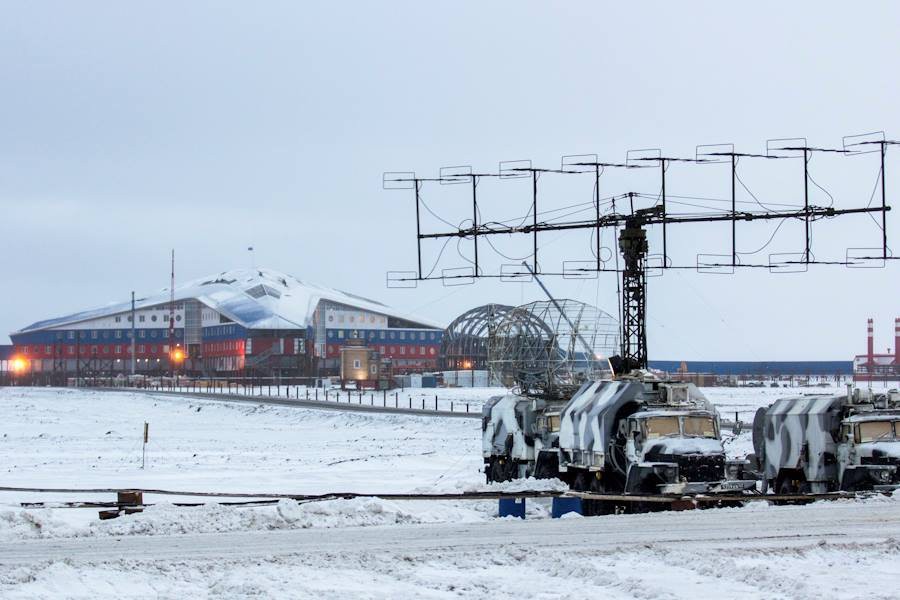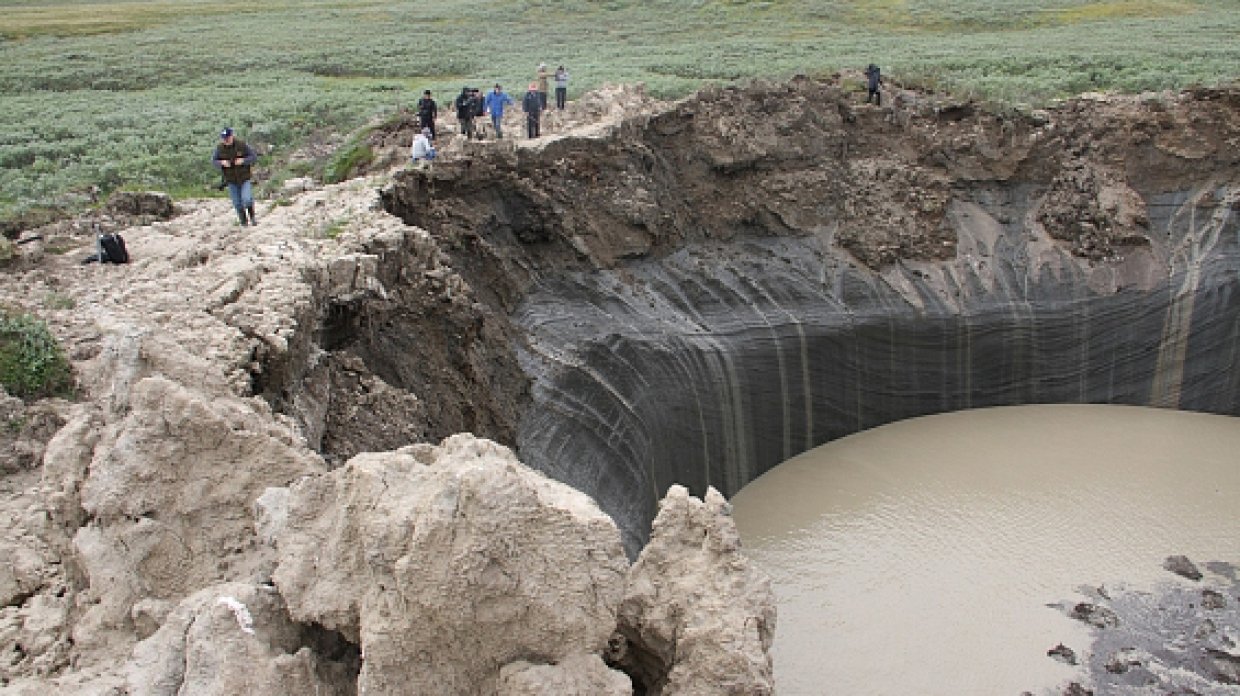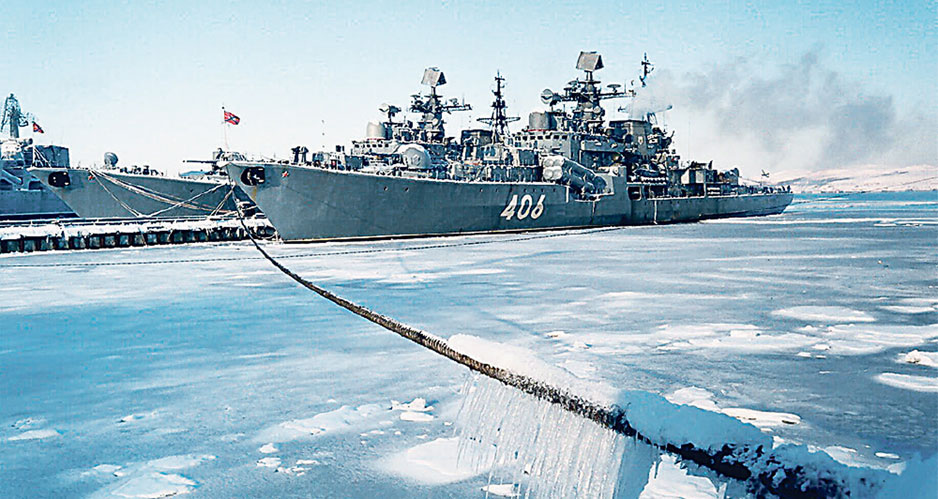On March 31, the Russian government filed two new submissions to the UN body overseeing sea borders regarding Moscow’s claim that the Gakkel Ridge, the Lomonosov Ridge, and the Canadian basin are all part of its continental shelf and subject to Russian rules (Un.org, April 6). Canadian and Danish analysts immediately expressed outrage because, in the words of one Canadian expert, the Russians are “in effect claiming the entire Arctic Ocean as their continental shelf,” ignoring the rights of Canada and Denmark, and setting the stage for conflicts among the Arctic countries (CBC, April 11; Mid.ru, April 9). The UN rejected smaller Russian claims in 2001. In 2015, it asked for more information, but until 2019, Russia had not provided the requested data (Marine.gov.ru, October 21, 2019; The Moscow Times, October 22, 2019). Now, it has and is asking for even more. (Because such UN decisions fall under the Law of the Sea accord, the US is not directly involved—while Washington signed that international agreement, it has never ratified it.)
The centrality of the Arctic and of such claims and plans in Russian thinking was highlighted last week (April 14) by discussions at the influential Russian Geographic Society and again this week (April 21) during Putin’s address to the Russian parliament (Kremlin.ru, April 14, 21). At both events, the Kremlin leader said that development in the Russian High North, along the Arctic littoral, has been discussed “for a long time,” but “now is the time for its launch.” He called for the construction of new railways across the region. His hope is that Moscow can not only exploit the natural resources on land, but be in a position to support both the Northern Sea Route (a pathway that is becoming ever more important because global warming is reducing ice cover) and Russia’s aspirations to pump oil and natural gas from the Arctic seabed it is now claiming as exclusively its own.
The obstacles to this are enormous. On the one hand, a single railway bridge of the dozens that would have to be built for this Arctic line to open is estimated at a billion dollars. The entire project would cost tens of billions of dollars the Kremlin does not now have or force it to cut back on other programs (Government.ru, April 15, 2021; The Barents Observer, May 18, 2018). And on the other hand, those who stand to lose, including the Russian navy, are opposed given their needs to jumpstart their floundering construction projects (see EDM, November 1, 2018 and March 11, 2021). Others in Moscow object because they believe this would lead to more environmental disasters (see EDM, June 4, 2020, June 29, 2020, July 7, 2020, October 29, 2020, February 17, 2021, March 2, 2021).
One indication that Moscow is far from united behind either claims on the Arctic seabed or Putin’s ideas on how Russia should proceed was the recent decision to delay the bi-annual Arctic Forum conference. That St. Petersburg meeting had been expected to showcase Russia’s claims and outline its agenda before Moscow assumed the chairmanship of the Arctic Council next month; and it was certainly intended as well to orchestrate international support for Moscow’s claims at the UN on the Arctic seabed. But now, Deputy Prime Minister Yuri Trudnev said, the meeting will take place only next spring, almost half way through Russia’s chairmanship and thus at a time far less useful from the Kremlin’s point of view (Government.ru, April 19; The Barents Observer, April 22).
Russia will assume the chairmanship; that is set in stone. And it will certainly seek to promote its positions there by expanding the Council’s secretariat as well as holding future experts’ and ministerial meetings in the Russian High North and even, according to one suggestion, at the North Pole, which would be part of Russia’s exclusion zone if the UN accepts Moscow’s position (The Barents Observer, April 16). But if the UN turns down Moscow, as it may do, by asking for more information not only from Russia but also from Canada and Denmark, that could open the way to a more serious crisis, possibly even a military one, given Putin’s anti-Western stance.
Read More:
- Moscow close to UN recognition that its continental shelf extends far into the Arctic
- Global warming threatens Moscow’s Arctic development plans and the lives of people there
- Moscow acting in the Arctic the way Beijing is in the South China Sea, French analyst says
- Foreign naval vessels can use Northern Sea Route only with Russia’s advance approval, Moscow says
Trending Now





